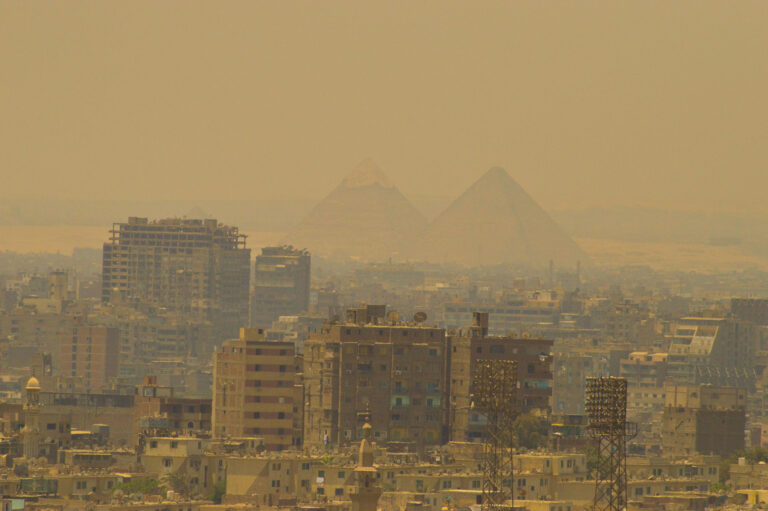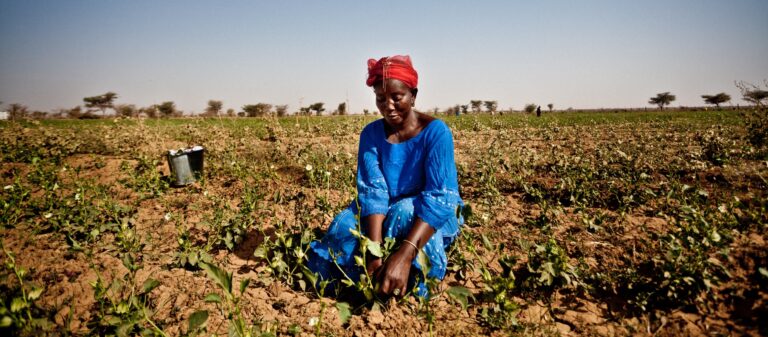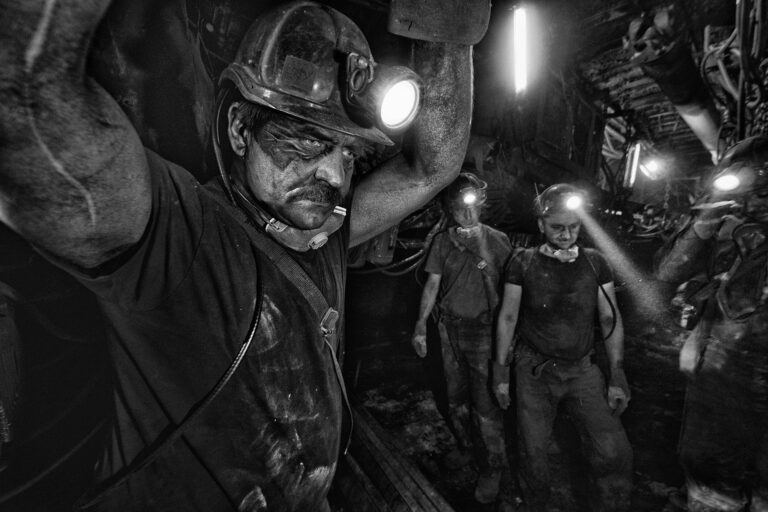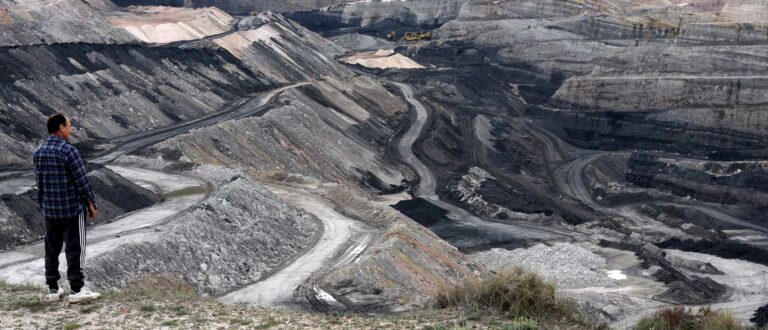The Paris Agreement states that: Parties shall cooperate in taking measures, as appropriate,...Read More
Under the Universal Declaration of Human Rights (UDHR) and the International Covenant on Economic, Social and Cultural Rights (ICESCR), every person has the right to an education – and governments have a duty to ensure that this right is respected, protected, and fulfilled.
Yet education is under threat from climate change. Extreme weather events and other climate-related phenomena may disrupt education systems, damage classrooms and materials, cause school closures, and make it more difficult for students to attend school. Climate-exacerbated temperature extremes can even interfere with cognitive development and have been linked to both reduced test scores and overall rates of learning.
These impacts will weigh most heavily on students and communities that lack the resources to adapt. Students displaced by the effects of climate change, for example, may encounter considerable challenges in accessing to education, including language barriers, exacerbated rates of poverty and dropout, difficulties having past qualifications recognized, and discrimination.
Education will play a key role in ensuring that future generations are equipped with the tools needed to take on the climate crisis. Protecting the right to education in the face of climate change will require that governments both mitigate climate impacts and support people and communities working to adapt, including by improving access to clean energy and electricity, investing in climate-resilient facilities, and providing educational opportunities and support for climate migrants and other displaced groups.
Photo Credit: Students pose for a group photo after the end of the classes in front of the Horondarpur Boat School in Bangladesh. Boat schools are one way Bangladeshis have increased their capacity to adapt to the region’s annual flooding, which is becoming more severe as a result of climate change. Photo by Abir Abdullah (Climate Visuals Countdown).






